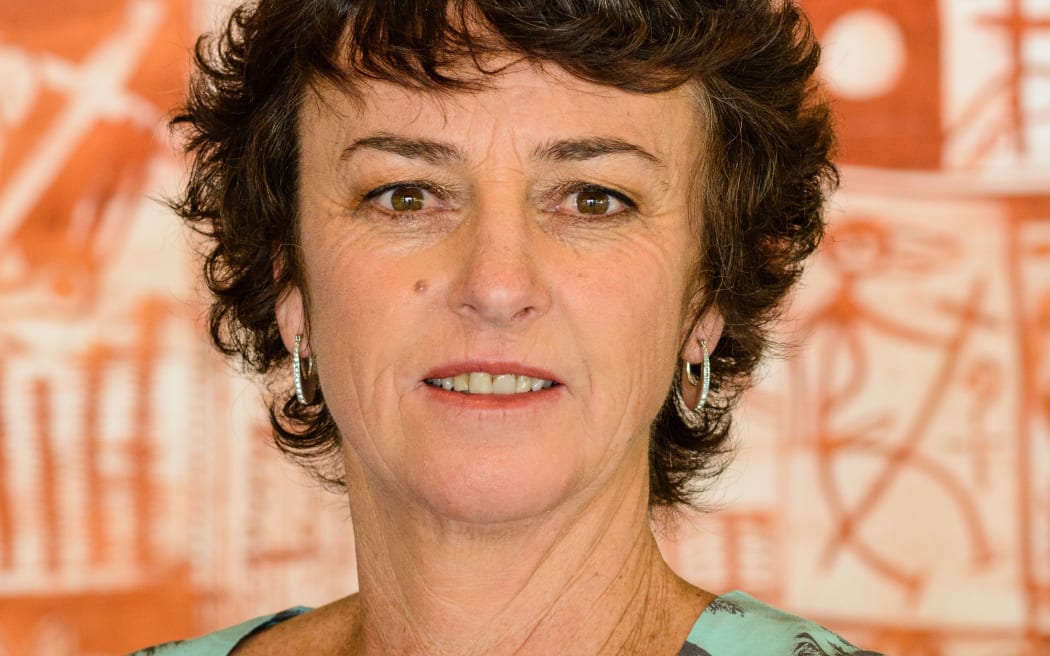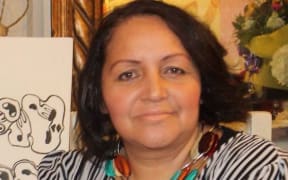Ministry of Health statistics show Māori are almost three times as likely as non-Māori to have experienced unfair treatment on the basis of ethnicity.

Race Relations Commissioner Dame Susan Devoy Photo: Supplied
The Race Relations Commissioner says statistics revealing Māori are almost three times as likely as non-Māori to have experienced unfair treatment on the basis of ethnicity show agencies need to do more to respond to racial discrimination.
The Ministry of Health has released its 2015 Maori Health Chartbook, Tatau Kahukura, which shows 12.4 percent of Māori reported unfair treatment in the areas of health care, housing or work between 2011 and 2012, compared to 4.2 percent of non-Māori.
Race Relations Commissioner Dame Susan Devoy said the figures were not surprising and organisations needed to take action to tackle discrimination.
"We need to understand the genesis of these problems, they're institutionalised aren't they and organisations and agencies in particular need to address these issues.
"Sometimes it's not even done intentionally, you know the care and treatment that's offered to Māori is different to non-Māori.
Dame Susan said some agencies were already responding, such as the New Zealand Police Force which understood that the likelihood of young Maori to be offenders was much higher than non-Māori.
Statistics in the Chartbook also showed that Māori were more than 1.5 times more likely to have ever experienced ethnically motivated physical or verbal attacks, with more than a quarter of Māori men, or 26.9 percent, having experienced such attacks.
Dame Susan said she congratulated Māori who had reported discrimination and urged more people to come forward as the Human Rights Commission could not take action if people did not complain.
"It's really hard, I'd also urge people that are on the sidelines witnessing it to do something too and not to be bystanders, but to actually stand up for people who are being abused."
"Most of us don't like to complain, it's often very difficult to complain because you're either humiliated, embarrassed or hurt and often the victim feels they're to blame. But I think we need to bring this out into the open because it's really important that all New Zealanders who have experienced discrimination have an avenue to talk about it so the rest of New Zealand understands what it likes," said Dame Susan.
Overall, 27 percent of Māori adults reported ever having experienced racial discrimination compared to 14 percent of non-Māori.
The Chartbook used data from the Ministry of Health's 2011/12 New Zealand Health Survey.
Analyses in earlier health surveys have shown that experience of racial discrimination is associated with poor health outcomes and has an impact on a wide range of risk factors.





